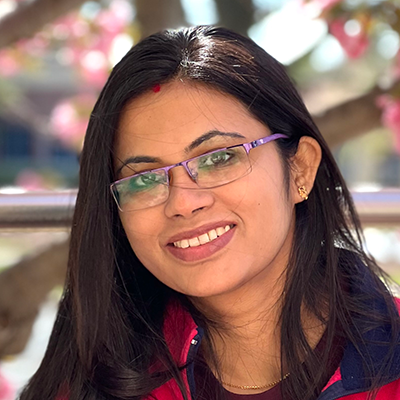In memoriam: Rodney F. Boyer
Rodney Frederick Boyer, an emeritus professor at Hope College, a well-known biochemistry educator and a member of the American Society for Biochemistry and Molecular Biology since 1983, died Feb. 28. He was 79 and had Huntington’s disease.

Boyer was born Aug. 25, 1942, in Omaha, Nebraska. He received his bachelor’s degree in chemistry and mathematics from Westmar College in Iowa and then headed to Colorado State University where he earned a Ph.D. in 1970 with a focus on physical organic chemistry. At the University of Michigan Medical School, Ann Arbor, he continued his research as a National Institutes of Health postdoctoral fellow with biochemist Minor J. Coon, a pioneer in the cytochrome P-450 field who later served as president of the ASBMB.
Boyer spent two years on the chemistry faculty at Grand Valley State University before joining the department of chemistry and biochemistry of Hope College in Holland, Michigan, in 1974. He remained at Hope for 26 years, was promoted to professor in 1985 and served as a department chair for six years. During a 1991 sabbatical leave, he worked with Nobel laureate Tom Cech at the University of Colorado in Boulder as an American Cancer Society Scholar.
Boyer became interested in iron chemistry during his postdoc and continued to study the impact of oxidation and reduction of ferritin iron on various proteins and enzymes, such as apoferritin and superoxide dismutase, and plant phenolics. In addition to his research, he wrote textbooks for undergraduate students such as “Modern Experimental Biochemistry,” and he continued to write after retiring from Hope College in 2000. He also served as an associate editor for the ASBMB-affiliated journal Biochemistry and Molecular Biology Education.
Boyer was fond of classical music and sang in the Bozeman Symphonic Choir after he retired to Montana. He is remembered as a “tough but fair” and helpful professor by students and as a kind, thoughtful person with a gentle spirit by his friends and colleagues, according to a family obituary.
He is survived by his wife, Christel I. Dröbig; brothers, Dan and Roger Boyer; sister, LuAnn Thacker; sister-in-law, Joyce Boyer; and their families.
Enjoy reading ASBMB Today?
Become a member to receive the print edition four times a year and the digital edition monthly.
Learn moreGet the latest from ASBMB Today
Enter your email address, and we’ll send you a weekly email with recent articles, interviews and more.
Latest in People
People highlights or most popular articles

Sketching, scribbling and scicomm
Graduate student Ari Paiz describes how her love of science and art blend to make her an effective science communicator.

Embrace your neurodivergence and flourish in college
This guide offers practical advice on setting yourself up for success — learn how to leverage campus resources, work with professors and embrace your strengths.

Survival tools for a neurodivergent brain in academia
Working in academia is hard, and being neurodivergent makes it harder. Here are a few tools that may help, from a Ph.D. student with ADHD.

Quieting the static: Building inclusive STEM classrooms
Christin Monroe, an assistant professor of chemistry at Landmark College, offers practical tips to help educators make their classrooms more accessible to neurodivergent scientists.

Hidden strengths of an autistic scientist
Navigating the world of scientific research as an autistic scientist comes with unique challenges —microaggressions, communication hurdles and the constant pressure to conform to social norms, postbaccalaureate student Taylor Stolberg writes.

Richard Silverman to speak at ASBMB 2025
Richard Silverman and Melissa Moore are the featured speakers at the ASBMB annual meeting to be held April 12-15 in Chicago.

